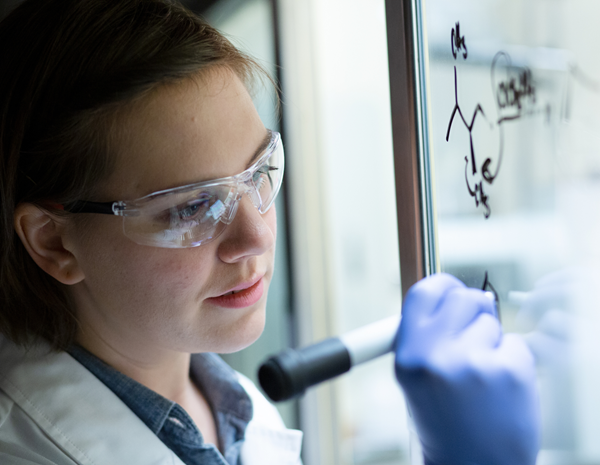The biopharmaceutical industry has been working tirelessly to develop and manufacture innovative vaccines, therapies and diagnostics to combat COVID-19 and other diseases and illnesses. As of October 22, 6.8 billion doses of COVID-19 vaccines have been administered globally, and as many as 12 billion doses are expected to have been produced by the end of the year. These efforts have succeeded through more than 300 voluntary manufacturing and other collaborative agreements, including technology and knowledge transfer.
Underpinning these unprecedented accomplishments by American scientists, researchers and manufacturers are strong intellectual property (IP), market access and regulatory policies that incentivize and reward innovation. Unfortunately, and as PhRMA’s recent National Trade Estimate (NTE) Report on Foreign Trade Barriers submission to the United States Trade Representative (USTR) outlines, a variety of trade barriers in multiple countries across the globe threaten to undermine the sustainability of America’s world-leading biopharmaceutical industry. These barriers include policies that deny fair and equitable market access (e.g., government price controls and discriminatory pricing policies), practices that undermine the protection of American innovation (e.g., patentability restrictions, compulsory licensing and regulatory data protection failures) and localization barriers (e.g., mandatory technology transfers and de facto import bans).
PhRMA’s NTE submission also highlights that despite unprecedented progress concerning the development and production of COVID-19 vaccines and therapies, the Biden Administration announced support for waiving IP obligations under the World Trade Organization (WTO) Agreement on Trade-Related Aspects of Intellectual Property Rights (TRIPS). This position constitutes a reversal of longstanding U.S. policy under both Democratic and Republican Administrations concerning the protection of American innovation and global IP rights. Moreover, the position was offered absent any evidence that forfeiting American IP to countries anxious to undermine U.S. leadership in biomedical discovery will increase production of COVID-19 vaccines. In fact, IP rights have not been a barrier to access but rather have enabled the initial development of vaccines and the very collaborations among manufacturers and suppliers that are necessary to produce vaccines on a global scale.
Finally, PhRMA’s NTE submission underscores the urgent need for the United States to promote and protect American innovators by negotiating and enforcing high-standard trade obligations. To that end, PhRMA and its member companies have welcomed the President’s recent appointment of a Chief Innovation and Intellectual Property Negotiator (“Chief IP Negotiator”), as required by the Trade Facilitation and Trade Enforcement Act (TFTEA) of 2015. TFTEA mandates that the Chief IP Negotiator’s “principal functions … shall be to conduct trade negotiations and to enforce trade agreements relating to United States intellectual property and to take appropriate actions to address acts, policies and practices of foreign governments that have a significant adverse impact on the value of United States Innovation.” TFTEA states further that the Chief IP Negotiator “shall be a vigorous advocate on behalf of United States innovation and intellectual property interests.”
America’s innovative biopharmaceutical industry, and the hundreds of thousands of workers that it employs, looks forward to engaging with USTR and other stakeholders to help ensure that the Chief IP Negotiator can accomplish these goals and urges the Administration to take action against the acts, policies and practices outlined in PhRMA’s NTE submission that harm America’s innovative industries and workers.





